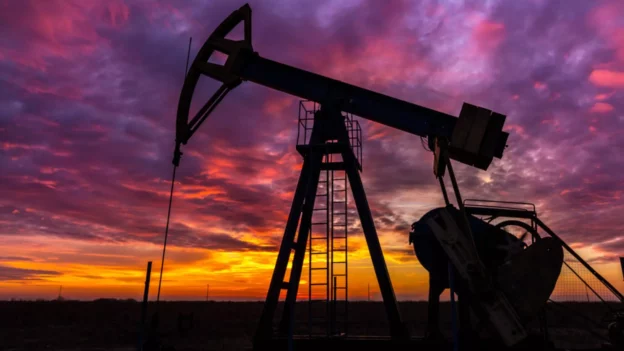After a harsh winter that caused a decline in oil and gas production , American drillers are making up ground. February’s daily average increased by 600,000 barrels per day (bpd) compared to January, according to data from the Energy Information Administration (EIA).
Oil production rebounds, but does not reach optimal levels
Production has not yet reached the levels of the end of 2023, as a drop of 700,000 bpd was recorded in January compared to the previous month. Severe winter weather last January caused production cuts, especially in North Dakota , where it was reduced by up to 650,000 bpd. In addition, the cold also caused the temporary closure of the TotalEnergies refinery in Port Arthur.
However, production is already increasing again. Data shows North Dakota producers added nearly 300,000 bpd to their daily average between January and February. Although there is still some way to go, recovery is expected to be rapid now that winter has passed.
An uncertain future for production
The United States remains the world’s largest producer of crude oil and gas. Last year, oil production hit another all-time high of more than 13 million bpd, thanks to surprisingly strong growth in shale oil production.
However, this year the outlook is less optimistic. The EIA and the industry anticipate a slowdown in production growth, due to weak natural gas prices and rising production costs. According to Enverus , US oil production this year will expand by about 230,000 bpd , while the EIA estimates growth of 260,000 bpd.
Oil production: its slowdown and importance in the economy
Despite the expected slowdown, oil and gas production remains an important sector of the US economy. The industry generates millions of jobs and contributes significantly to the country’s tax revenue. Furthermore, oil and gas are essential for national energy security and transportation.
It remains to be seen how production will evolve in the coming years. Factors to take into account include global energy demand, oil and gas prices, government policies and the development of new technologies.
Follow us on social networks and don’t miss any of our publications!
Inspenet.com YouTube LinkedIn Facebook Instagram X
Source: oilprice.com
Photo: Shutterstock

